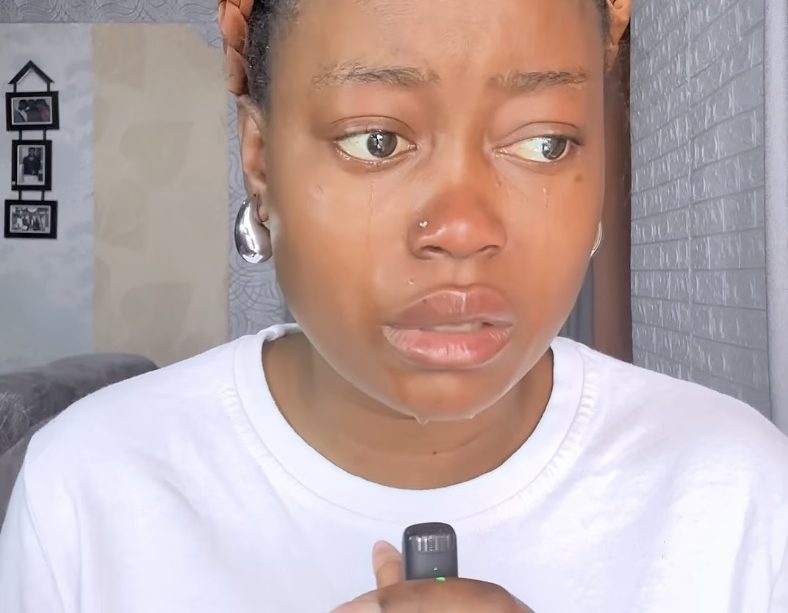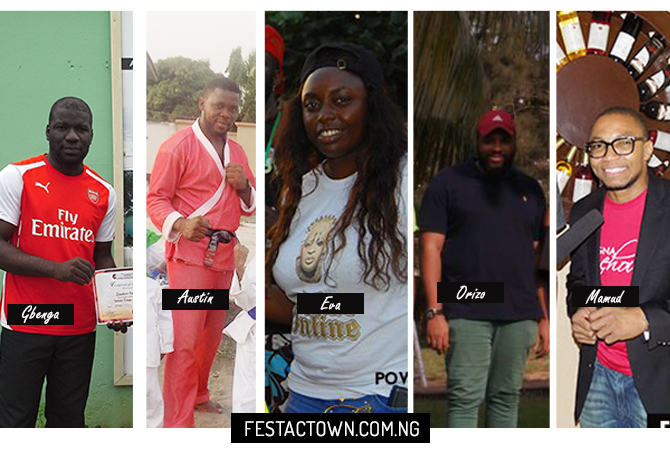Sickle cell warrior tearfully shares struggle, urges genotype awareness

A young Nigerian woman has opened up about the profound struggles of living with sickle cell disease, sharing her story to raise awareness about genotype compatibility in relationships.
In a heartfelt post via her social media handle @theimabong, she cautioned against the ignorance of marrying without considering genetic compatibility.
With tears rolling down her face, Imabong revealed how such a decision subjects children to a lifetime of suffering, including herself.
Imabong highlighted various challenges she has endured, emphasizing the need for genotype education and counselling.
Sickle Cell: Challenges and irreversible struggle of ignoring genotype compatibility
Limping: She revealed that she developed a permanent limp 12 years ago as a pain-coping mechanism, making it impossible for her to wear flat slippers. Corrective medical intervention, estimated at over $15,000, remains out of reach due to financial constraints.
Medication Addiction: The sickle cell warrior disclosed the risks of becoming dependent on strong pain medications required to manage her condition. Prolonged use, she explained, can lead to kidney failure, adding to her health battles.
Multiple Surgeries: Having undergone three surgeries and using epidural anaesthesia, she shared that its side effects, such as chronic back pain, have significantly impacted her quality of life and may have reduced her lifespan.
Emotional and Mental Effects: She recounted facing stigma, depression, and suicidal thoughts, exacerbated by societal insensitivity, including questions about her yellow eyes and physical differences.
Financial Strain: Managing sickle cell disease has taken a toll on her finances, with hefty expenses for medications, stress management, and maintaining her health.
Imabong concluded with an emotional plea, urging couples to prioritize genotype compatibility before marriage. She emphasized that the struggles faced by those living with sickle cell disease are often preventable, and awareness can save future generations from unnecessary pain.
Watch the video below …




